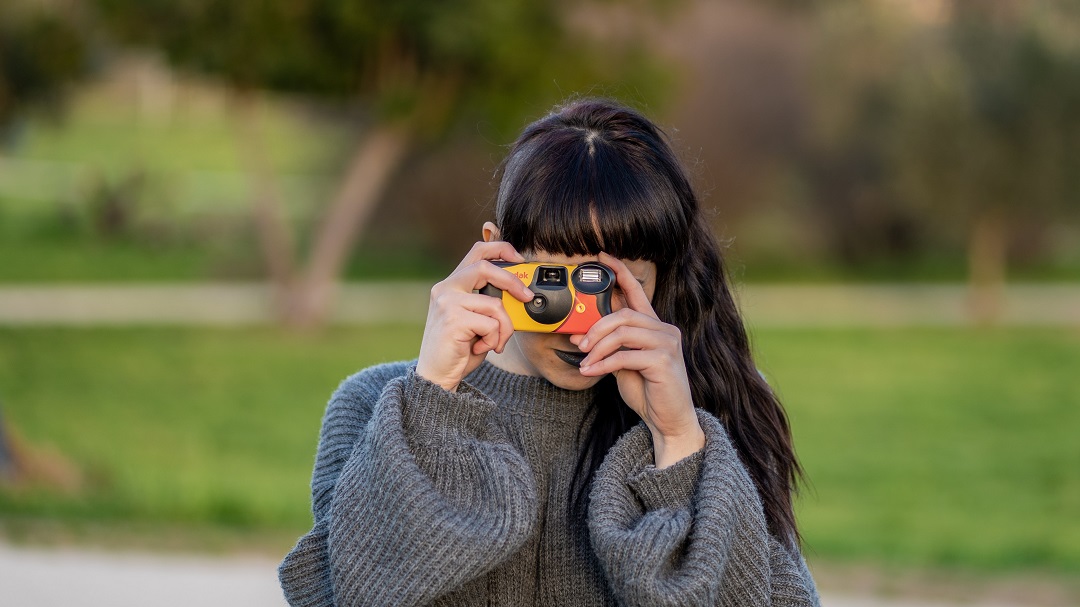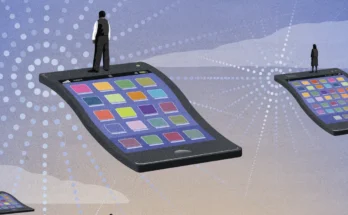A few decades ago, smartphones with built-in high quality cameras did not exist; how bizarre, right? Today, having a digital camera at your disposal at all times is no big deal. You can snap endless photos every day, without worrying about the gazillion that don’t turn out good enough.
You can always delete the ones you don’t like and replace them immediately. Old school cameras were a luxury, given that not everyone could afford them. They were also quite bulky, which is why carrying them around for photography was far from convenient.
Conventional film cameras were easy to break and somewhat complicated to operate; hence, their popularity was limited. Eventually, the disposable camera was created and it changed the course of history. If you are intrigued to learn how disposable cameras work and what’s so special about them, keep reading.
What is a Disposable Cameras and how does it work?
It is a small portable camera that comes with a black & white or colored film and. This type of camera is void of any exposure or focus controls, which makes it so simple to use. Some are equipped with the flash feature, but don’t even think about filters. Also its comes with a camera users manuals that guide you how to use it.
The film typically allows around two dozen shots, so it’s not meant for those who need to capture a minimum of hundred ‘selfies’ per day. The pictures you shoot cannot be viewed instantly, as they are in the form of negatives on the film, which needs to be developed through a conventional technique.
Only few photographers have a dark room at home, which is dedicated to processing the photos taken on film. Therefore, it is common practice to take the negatives to a professional or vendor providing the services in exchange for a small fee.
In the past, processing of the photos took a couple of days, but thanks to advanced technology, they can be delivered within a few hours or same day at present.
Also Read: Best Hand Grip Camera Strap
You can get old-style printed photos that are tangible and possess a unique charm; on the other hand, you may opt for digital scans and go green. Your photo negatives are returned with the developed photographs, and are re-usable.
Disposable cameras are not considered to be a sustainable product, though they are mostly recyclable. These cameras are built with cheap materials like cardboard, plastic, and shoddy metal, since they are meant to be discarded once the preloaded film is exhausted.
You can reload the camera with a new film, but the price difference with buying a new one is marginal. The images produced are of reasonable quality, being bright, saturated (in color), and well-defined.
When was the Disposable Camera invented and how come it is not obsolete?
It was not until the late 1980s that photography became a more mainstream and inexpensive hobby. This was the time when the lightweight and cheap disposable film camera was introduced. The first company known to sell a one-use camera for general public use was Kodak in USA.
This single-use camera is essentially modest as compared to modern kinds in terms of features and picture quality, but they were the best thing to happen back then. The compactness of the disposable camera allowed it to easily fit into a pocket, so you could capture precious moments on the go.
Even though we have access to the most sophisticated portable cameras today, the disposable camera is still something many photography enthusiasts and amateurs dabble with to date. The disposable camera is a classic and is preferred to the costly and high-definition digital cameras of this era under various circumstances.
Also Read: Top 5 Action Camera Body Mount
They might not produce the sharpest, vibrant, and lifelike photos, but they are increasingly user-friendly and great for casual use. If you’ve only ever known digital cameras, the way a disposable camera works is likely to fascinate you.
Many disposable cameras come with a water proof casing, which makes them ideal for taking on a holiday or vacation. You can capture candid photos in the pool and underwater, without worrying about breaking or damaging it, as with modern and expensive gadgets.
There is no room for re-dos and editing, so the pictures taken preserve an authentic feel. Disposable cameras don’t need to be charged, and batteries are only needed if the flash feature is available.
Operating a Disposable Camera
A roll of film is already loaded in a disposable or single-use camera. To take a picture, you have to manually adjust the film by twisting a gear at the top of the camera. You peer through a viewfinder before pressing the button that opens the shutter and enables light to enter the lens, thereby capturing an image on the camera’s film.
Most disposable cameras don’t have an auto-wind option, so you’ll have to wind the film to advance it before you can take another image. The flash option is not automatic either, so you will need to turn in on and off every time.
Also Read: Top 7 Most Popular Action Camera Flashlight
Disposable cameras produce best results outdoors in daylight; they don’t work well in dim light, so you will need to use the flash in the evening or in dark places. Even though these cameras are not supposed to be durable, they are ideal for rough use.
Disposable cameras do not have an expiry date, but the life of the film is no more than a few years; batteries also wear out pretty quickly. Pictures can turn out blurry or hazy at times, so you have to pay attention to distancing from the object of focus and shadowing.
Author Bio:
John Adams is a technology enthusiast, lifestyle blogger, and paralegal at a family law firm. He writes about widespread social and legal issues, aiming to help readers solve problems and overcome traumatic experiences. He also loves sharing personal views on technological developments and trending life hacks.




